Walk down your average cosmetics aisle, and you’ll likely find yourself surrounded by plastic bottles – many with labels touting the product’s “natural” merits. The truth, however, is that the beauty industry generates more than 120 billion units of decidedly nature-unfriendly packaging each year, with the majority ending up in landfills.
But it’s not all doom and gloom. As a growing number of sustainable personal care brands enter the mainstream market every year, greening your routine no longer means forgoing convenience or spending a fortune. In fact, adopting a zero-waste beauty regimen can actually help save you money.
Let’s be clear: Before you ditch all the products in your cosmetics bag, consider using up what you have, and start by slowly implementing changes. With a few of these hacks, you’ll be able to reduce your waste and reap the benefits of a more intentional and natural lifestyle.
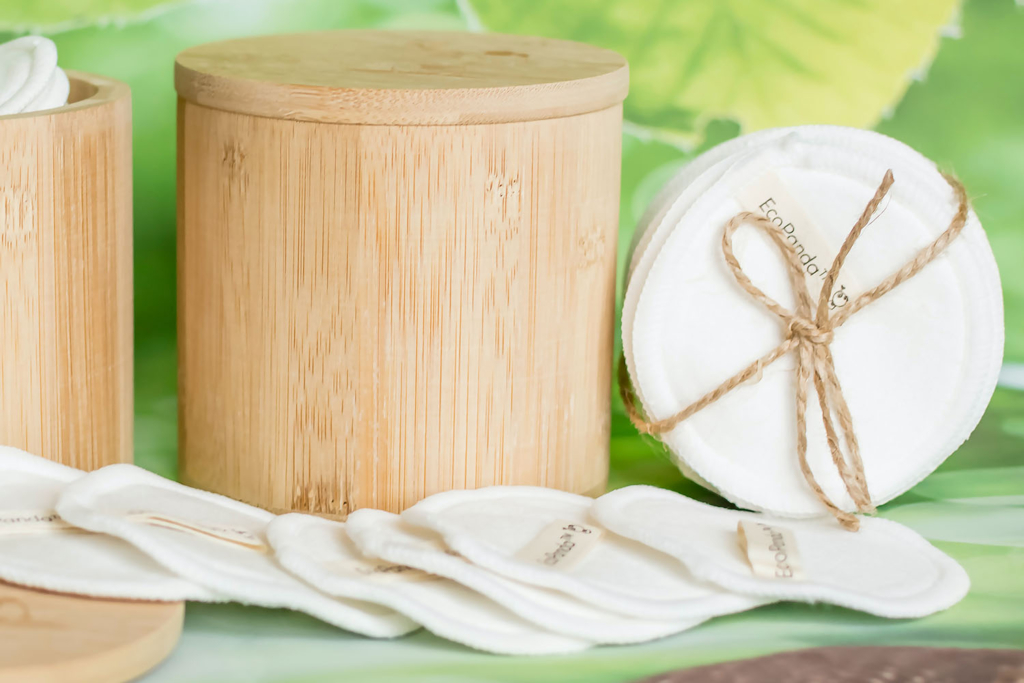
Reach For Reusable Items
We get it: it’s easy to use a one-and-done cleansing wipe to remove the day’s makeup and grime. But single-use products are one of the biggest contributors to the beauty industry’s waste problem, with many of these items taking centuries to decompose once thrown away.
With this in mind, try doing an audit of your single-use products and consider where you can make changes. Instead of a disposable razor, opt for an eco-friendly metal and bamboo safety razor like this one from Bambaw, which just requires you to recycle and replace the blades. Rather than using cotton swabs with plastic stems, try Ecofox’s biodegradable bamboo swabs. Create your own face masks using leftover ingredients in your fridge rather than reaching for a sheet mask. For example, you can make a vitamin C-rich and moisturising treatment by blending together half an avocado with 1/4 cucumber. Leave it on your skin for 10 minutes and rinse off.
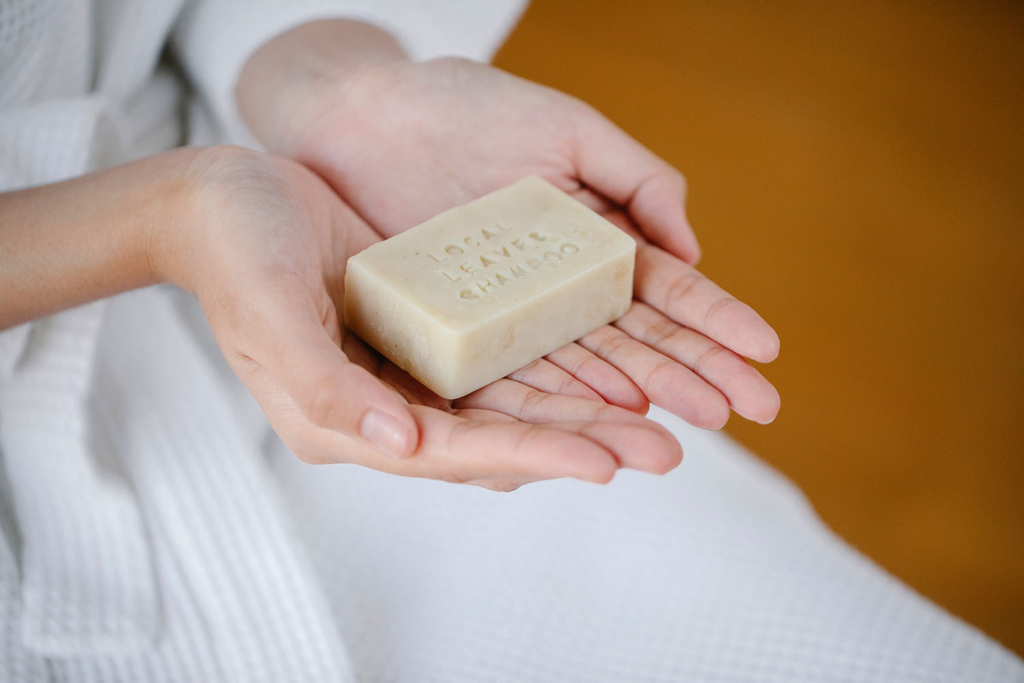
Do Yourself A Solid
When it comes to cosmetics packaging, the best option is no packaging at all. While this may seem impossible at first, the reality is that more and more brands are creating shampoos, conditioners, facial cleansers and even serums that come in the form of solid bars. Not only does this eliminate waste, but solid alternatives tend to last longer while delivering the same results as liquid products.
HiBAR’s shampoos and conditioners have a cult following for their hydrating and volumising properties, while the Hana Hana Beauty 2-In-1 Body Bar does double-duty as an after-shower moisturiser and exfoliant. Even skincare purists will appreciate Dew Mighty Bloom Jelly Serum Bar, which replaces eight products in a skincare routine without using any packaging.
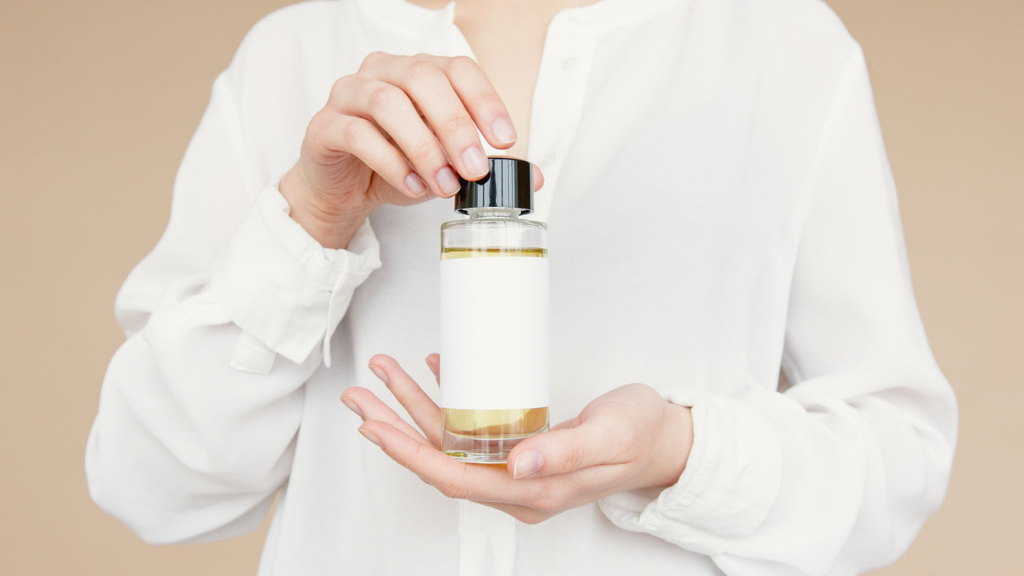
Learn The Hierarchy Of Packaging
If you can’t go completely package-free, opt for more eco-friendly alternatives to plastic. Experts agree the next best option is post-consumer recycled paper, which is increasingly being used to store products like Birch Babe’s all-natural deodorant. Paper is lighter to transport than glass, so it also leads to fewer emissions – just make sure the packaging indicates it’s 100% recyclable.
And finally, the third-best option is aluminium, steel or glass; they’re infinitely recyclable, and unlike plastic, they don’t degrade over time. You may even find that you can reuse your glass jars for other purposes when you’re finished with them, like making your own mason jar candles or using them as portable travel containers.
Support Circularity
In an effort to reduce waste, more brands are offering refillable products or their own recycling programmes that reward customers who return their empties. Make-up brand Kjaer Weis offers sleek metal cases that are refillable – which ends up saving you money in the long run, because the refills are less expensive than the original product. MAC Cosmetics has a longstanding program that rewards customers who return six empty makeup containers with a free lipstick of their choice. Lush customers who bring back five clean plastic pots can exchange them for a free face mask. And The Body Shop offers a refill programme at select stores, allowing customers to refill a 250ml aluminium bottle with the brand’s best-selling shower gels.
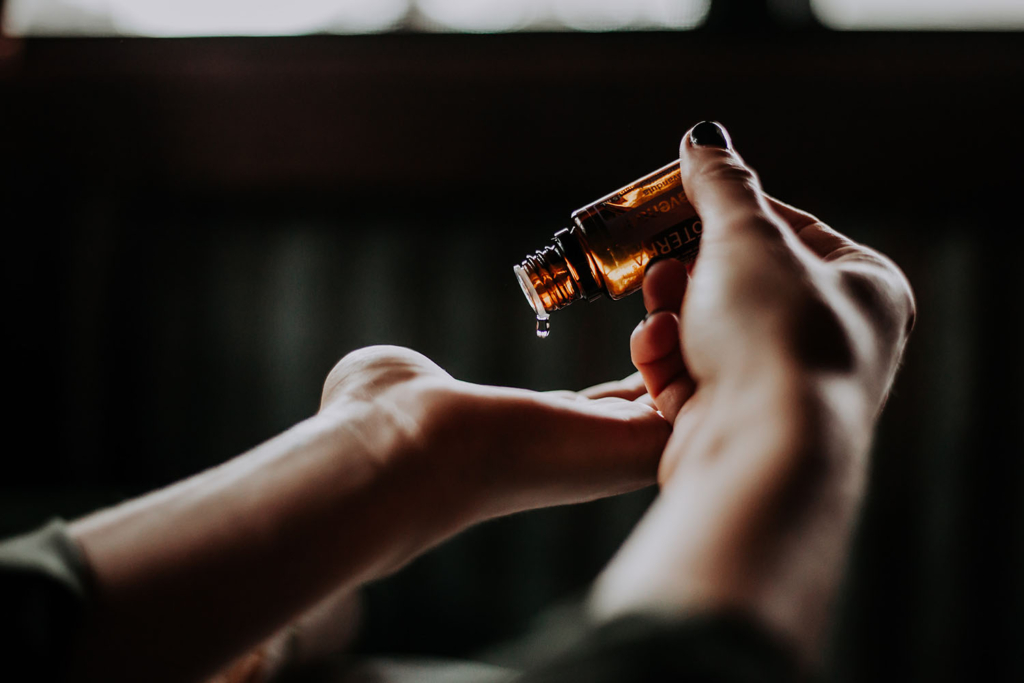
Focus On Eco-friendly Ingredients
While packaging tends to be the main focus for zero-waste beauty conversations, reviewing the ingredients list is equally important. Make sure your products are free of ‘bioaccumulative’ ingredients, which are man-made chemicals that never biodegrade. Silicone, for example, never breaks down, so it can be harmful to the environment. It often masquerades behind different names like dimethicone, cyclomethicone and cetearyl methicone, to name a few.
If you’re unsure and want to avoid chemicals completely, making your own cosmetics or using 100% natural ingredients is one of the safest bets. Unrefined shea butter, for example, can be used as a moisturiser (as long as you don’t have acne-prone skin), while jojoba oil can be used as a make-up remover, hair mask, body or facial oil. Since it’s non-comedogenic, it’s considered suitable for most skin types.
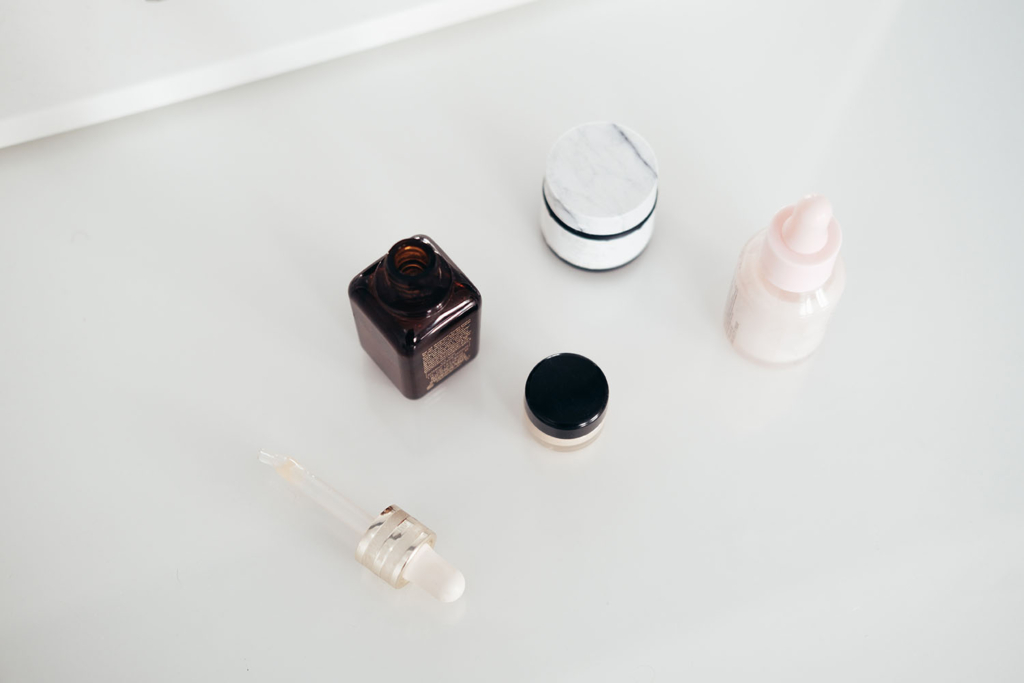
Multitask
A skincare regimen doesn’t have to require 15 steps to be effective. In fact, a new minimalist beauty trend dubbed “skin-fasting” actually recommends using fewer products to reduce the stress placed on your skin barrier. If you’re someone who relies on an arsenal of products, try paring down your routine to give your skin time to reset and function naturally.
Using multitasking products, like lipstick that doubles as blush or sunblock that also serves as a tinted moisturiser, can also reduce your waste output. Beauty brand RMS was the first to spearhead this with their holy-grail Lip2Cheek blush and lip stain, but other brands like Tata Harper and SuperGoop are also creating eco-friendly, multipurpose products.
Scrutinise Shipping
The convenience of online shopping is undeniable, but some of these products ship in bubble wrap, styrofoam and other plastics that are harmful to the environment. If you can, look for online retailers who ship in recyclable containers without excess packaging, such as Package Free, which uses shipping materials that are 100% recyclable and compostable, working as well with vendors to ensure all items are plastic-free. Other companies, like LOLI Beauty, also give customers the option to make their shipment carbon-neutral at checkout, meaning carbon emissions created from shipping an online order will be eliminated or captured.
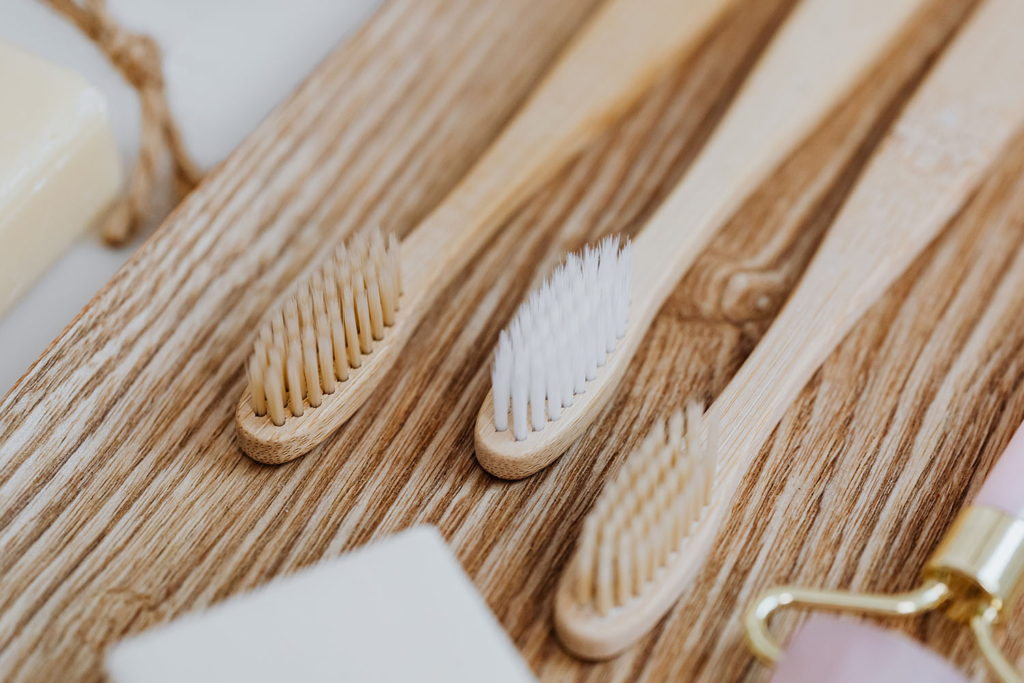
Look Beyond The Obvious
Skincare, make-up and hair products are great places to start, but don’t overlook other aspects of our self-care routine, such as dental hygiene. Traditional dental floss, for example, is often made from a non-biodegradable, petroleum-based plastic that can end up in our waterways. Most people also throw away several used plastic toothbrushes and empty toothpaste tubes per year.
The next time you need to stock up on dental products, consider buying an eco-friendly toothbrush, like Brush with Bamboo’s toothbrush, which has plant-based bristles, or Hello’s activated charcoal toothpaste tablets, which come in a travel-friendly recyclable tin. As an alternative to plastic dental floss, try Coco Floss, a woven floss that comes in a refillable container. Though these swaps may seem small, they can have a positive impact over time. After all, what’s good for our bodies is often good for the planet.

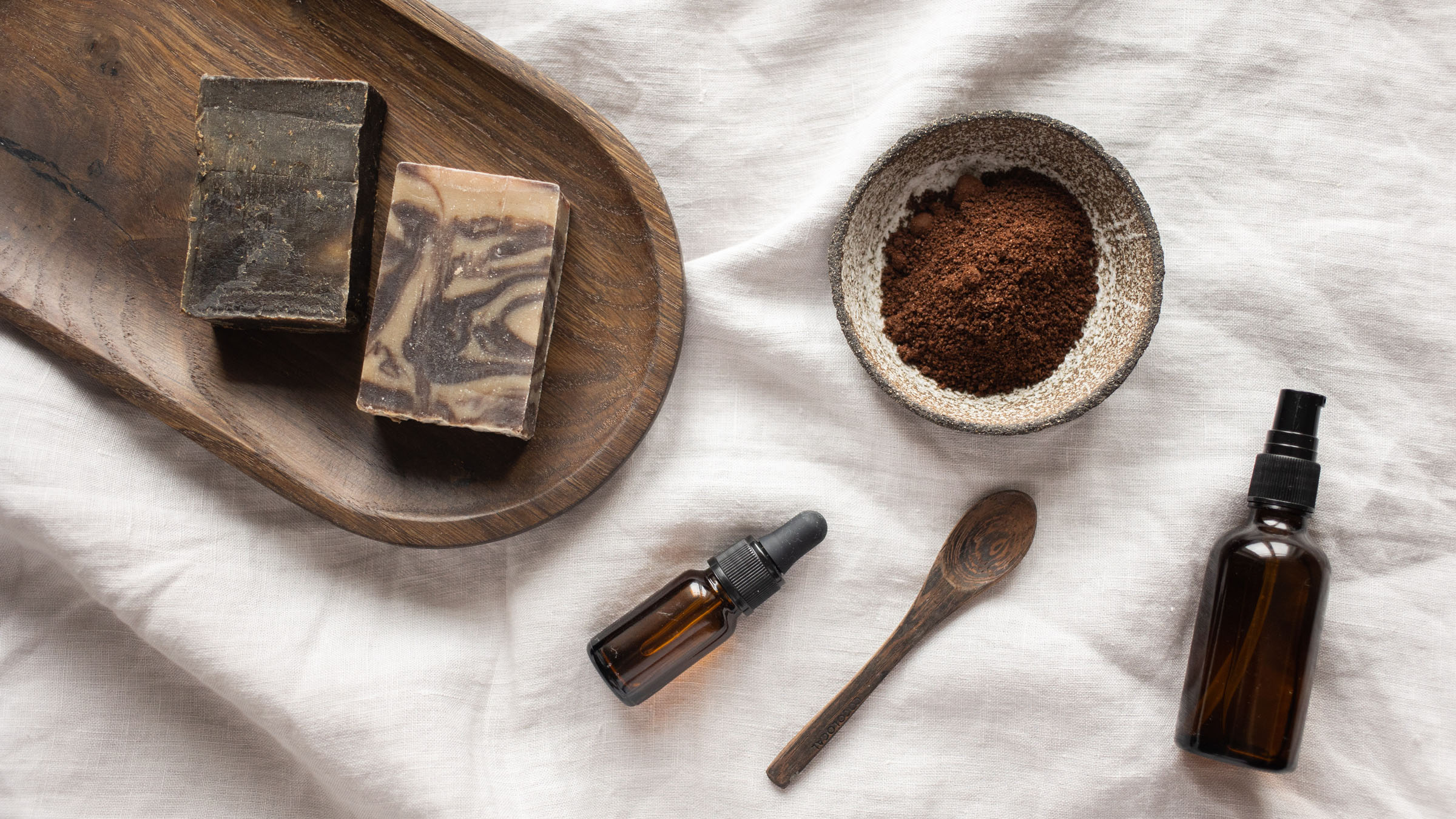







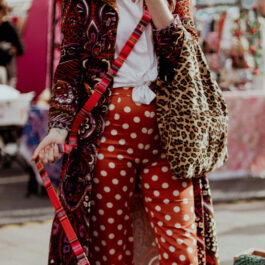




Sorry, the comment form is closed at this time.